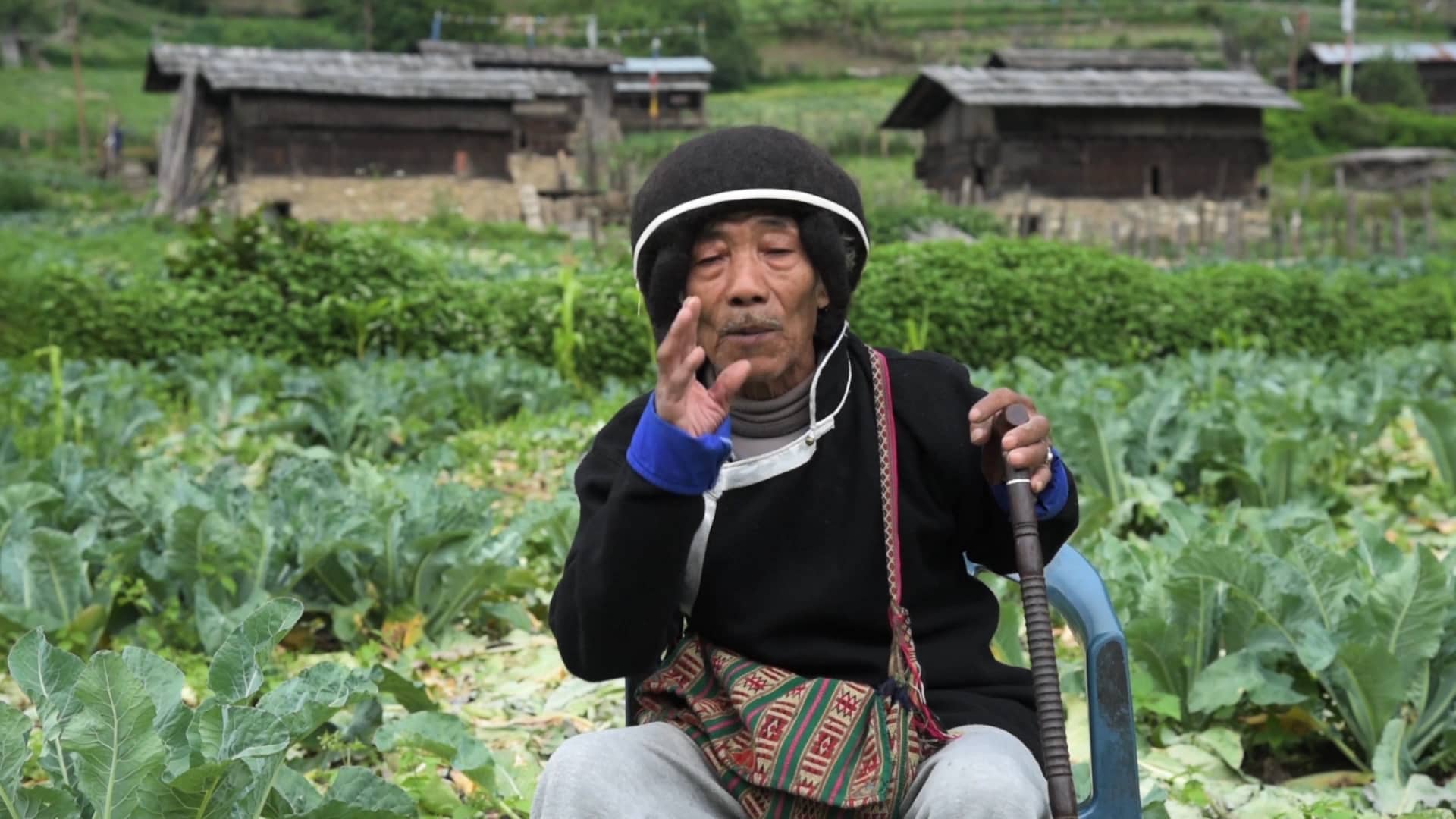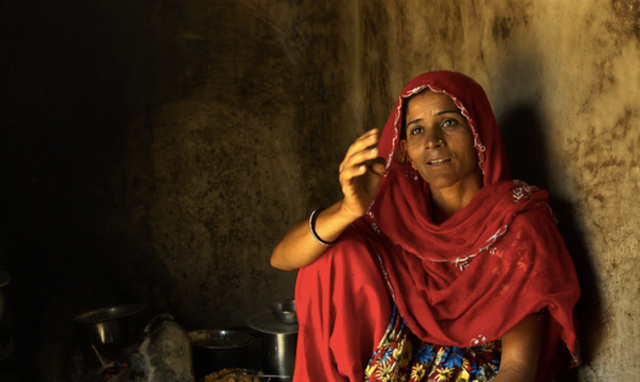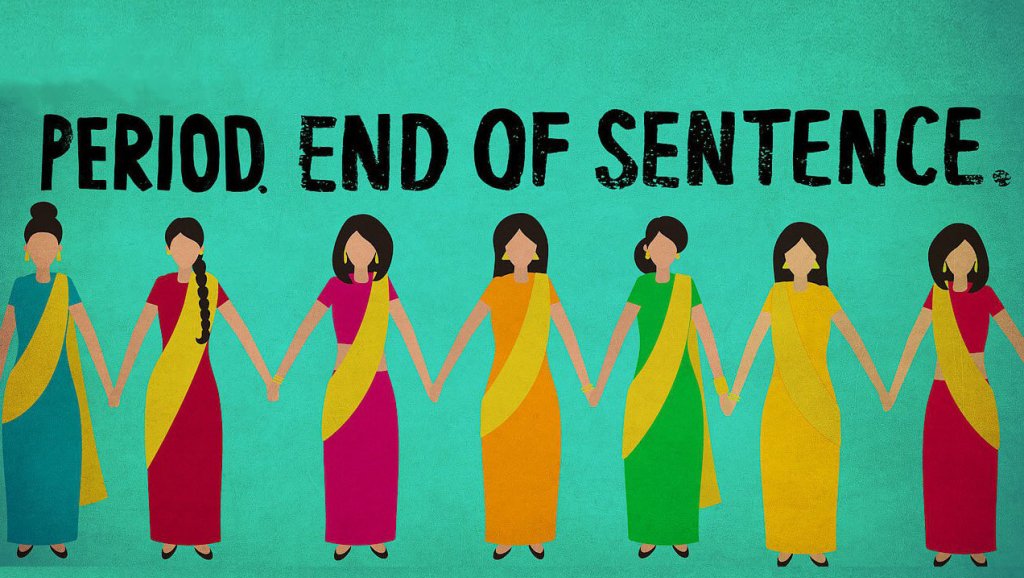
‘Period. End of Sentence’ is a film directed by Iranian-American film director Rayka Zehtabchi that has won an Oscar at the 91st Academy Awards. The film speaks of the tabooed subject of menstruation in India, while giving women the keys to their own destinies instead of reducing them to victimhood.
Seema Chishti is a Childcare Health Consultant based in Chennai.

The taboo around menstruation in India is widespread and the wide range of stigmatisations and ridicule that women have to go through during their periods is massive. The Indian society has traditionally been accustomed to view a menstruating woman as impure and therefore she is restrained from a variety of practices such as entering the shrine, touching certain objects and performing certain rituals when she is on her period or during the menstruating age.
It is ironic that despite the fact that getting one’s periods is part of the natural biological clock and that there is no medical impurity associated with it, the society continues to attack a taboo to the theme. Within such a constricted social milieu, it is heartening to know that social awareness and small scale endeavours at the grassroots are helping to make transformation within indigenous populations.
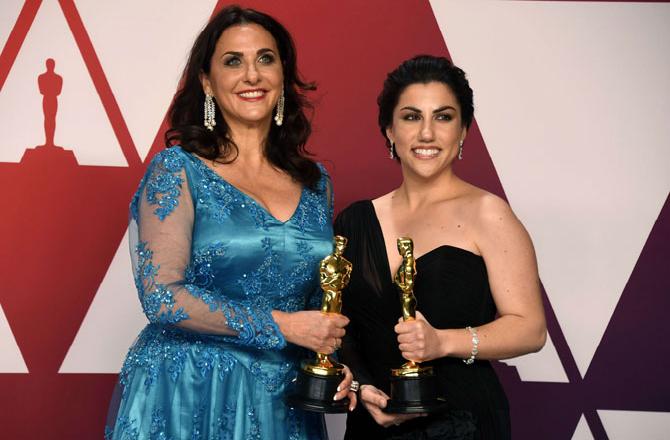
It was recently that a short film named ‘Period. End of Sentence’ won an Oscar at the 91st Academy Awards. The short documentary is based on the Indian context and how menstruation still continues to be a tabooed subject. The film also traces the story of the achievements of women like Sneha from a small village in Uttar Pradesh who led a revolution opposing the taboo against periods. The villagers are waiting for Sneha to return to their native village after having received the Oscars in America. The film has been directed by Rayka Zehtabchi and produced by Guneet Monga.
The documentary is 25 minutes long. The film was born out of a project named ‘The Pad Project’ which aimed to fight the stigma associated with the periods that was started in a rural village near Delhi. The short film speaks about the trajectory of women in Hapur, UP while they learn how to use a low cost pad production machine and then they sell these pads to other women under the brand name FLY.
The film talks about how these low cost, bio-degradable pads have enabled rural women to both improve their own lives and drastically transform those of women surrounding them. The film talks about periods at length and the associated stigma and tries to ignite a dialogue which helps the audiences to see it beyond a tabooed subject. The film is a beautiful and significant effort to improve female hygiene in rural India and to bring forward the urgent need for a dialogue on the theme.
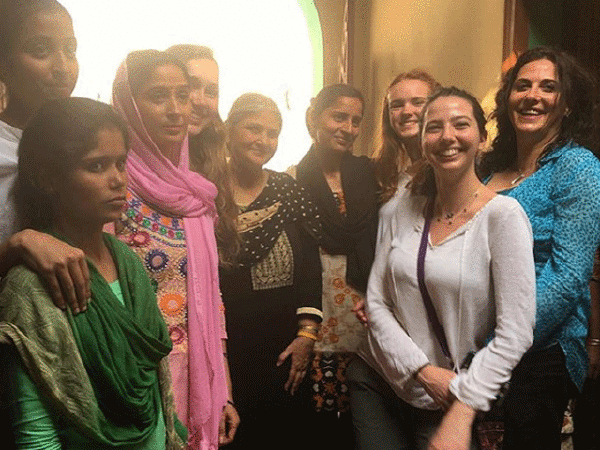
It also generated hope by talking about the possibility of producing low cost sanitary pads that women from the lowest economic backgrounds may afford. What is remarkable to understand here is the fact that it is not a multi-national that produces the pads within the village or takes away the entire profit but instead it is the rural village women themselves who are both the producers as well as the users of the pads.
This gives them a newly found sense of economic independence and also enables them to fight the stigma associated with periods. This truly is the moment of celebration and brings to light the positive spirit of rural efforts. The women are at the heart of the film and are full of immense potential to transform their lives with the lives of other women around them. They reject pity and taboo and come out to find their own voice. The women are not only able to use them but also produce and market these pads- this gives them great sense of independence and the chance to look beyond the constraints. These women are not victims but the creators of their own fates; they break free from the way women are typically depicted in most stories of the developing world. This film does not negate the matters of deep concern that a nation like India faces but reminds us of the several positive efforts that are being undertaken to deliver positivity in ordinary lives.




